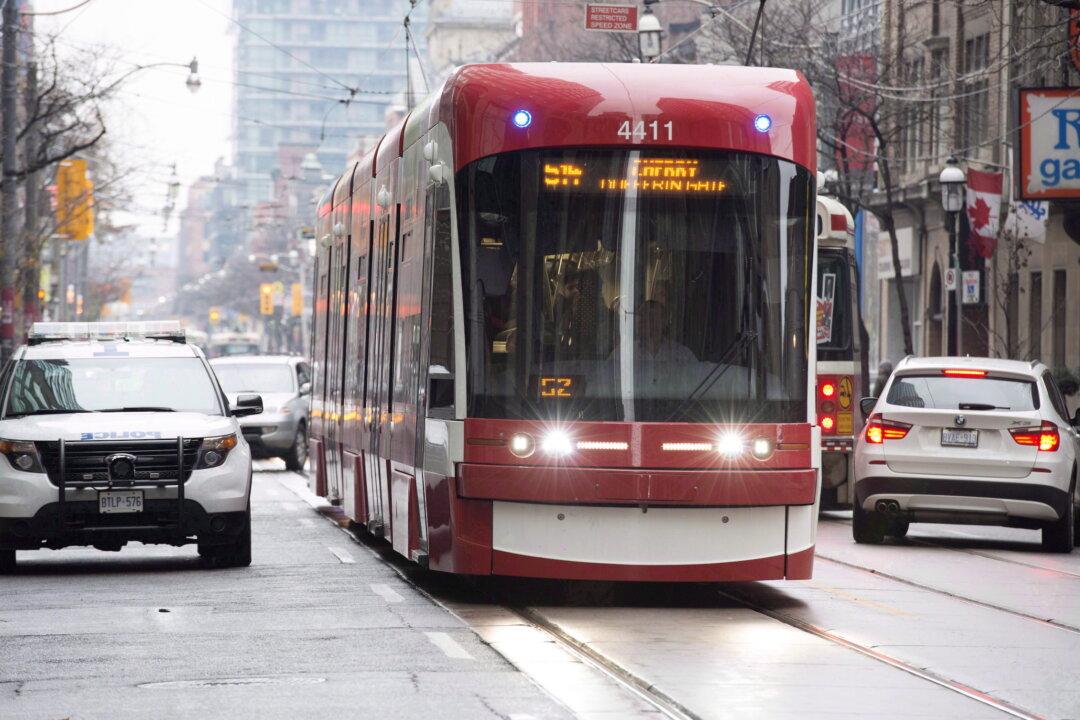News Analysis
The multiple-stabbing incident on Toronto transit on Dec. 8 is only the latest such crime in recent months, and some say increased violence in general can be blamed on the trend of judges going too soft on crime, ineffective policing, and the unravelling of stable families.





